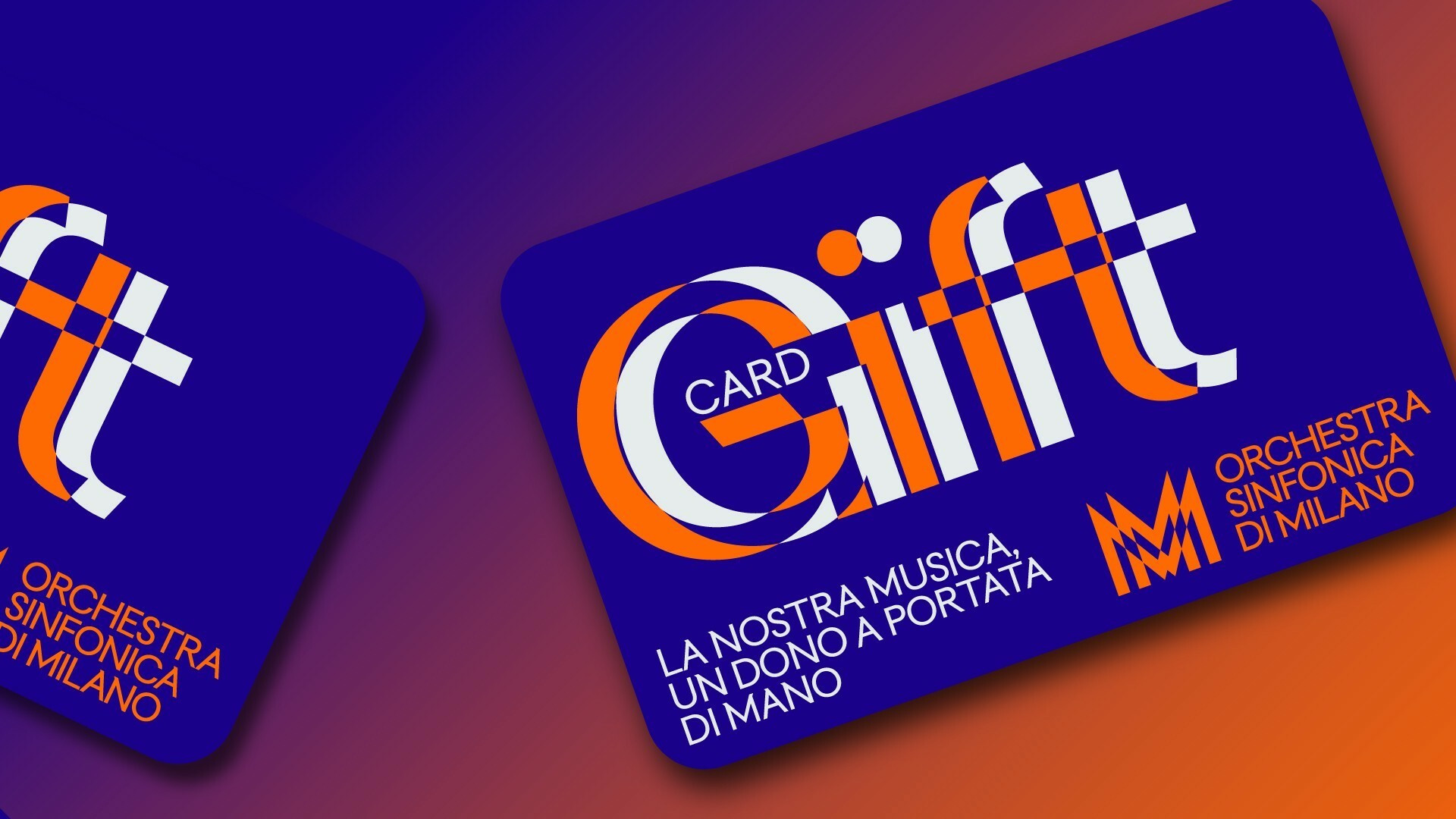In The Continuous Time of History, the great medieval historian Jacques Le Goff postulates the absolute arbitrariness of dividing history into eras closed in on themselves, isolated from neighboring eras with a stroke of an axe, after having established that on such and such a day at such and such a time the Modern Era began, or that with that specific discovery the Middle Ages ended. Simplistic, exquisitely human conventions, which in some way, however, contain a small matrix of truth. It is not difficult to conceive Richard Strauss's Vier letzte Lieder as the "swan song" of romantic music, just as it is not impossible to establish that with the heroic Beethoven this cultural current definitively begins. Well, let's leave Le Goff aside for this time, and imagine this program as the Alpha and Omega of Romanticism, which takes its cue from Beethoven's Symphony No. 4 and reaches Strauss' artistic testament, literally surrounded by the avant-gardes of the time, with which the tonal system collapses inexorably after reaching its maximum peaks.



















